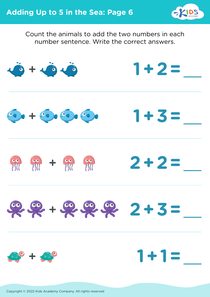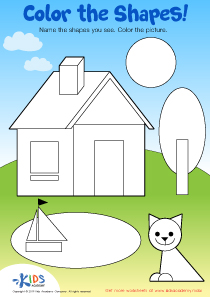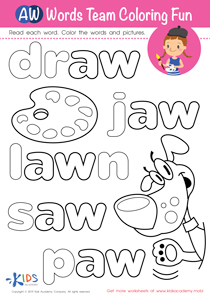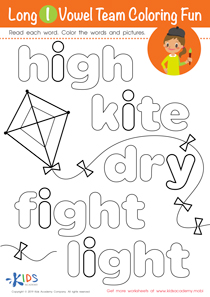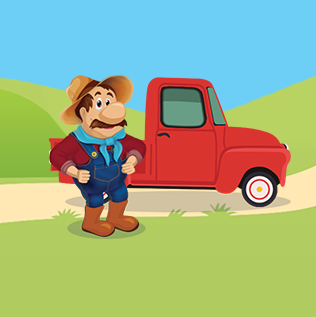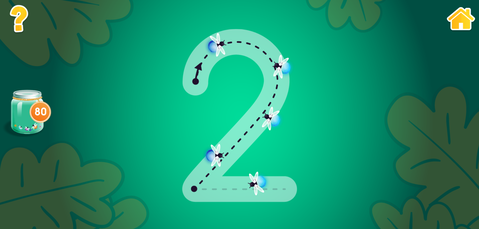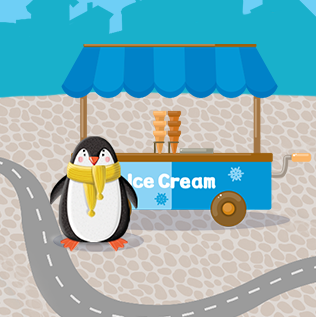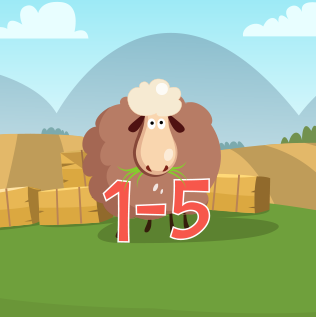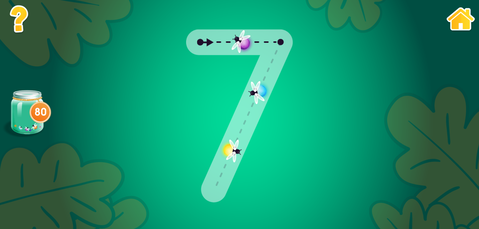Math Lessons | Measuring, Estimating & Time, Kindergarten
0 results
Introducing our Measuring, Estimating & Time Lessons for kindergarten-aged children! Our interactive worksheets, videos and assessment quizzes are designed to make learning these important skills easy and fun. Children will learn how to measure and estimate the length, weight and volume of objects, as well as how to tell time on both digital and analog clocks. Our lessons also encourage critical thinking and problem-solving, helping children to develop important cognitive skills. We believe in making learning exciting and engaging, and our Measuring, Estimating & Time Lessons will help your child build a solid foundation for future academic success.
Measuring, Estimating & Time Lessons: How They Benefit Kindergarten Kids
As a parent or teacher, you probably know that early childhood education is critical to a child's development. It lays the foundation for lifelong learning, socialization, and personal growth. That's why it's important to provide your kids with quality education right from the start. One way to empower them is by introducing them to measuring, estimating, and time lessons.
Measuring, estimating, and time are essential concepts that kids need to learn in Kindergarten. They help children develop skills such as attention to detail, logical thinking, and numerical literacy. Moreover, these concepts are practical and applicable to their everyday lives, making learning them more meaningful and engaging.
At Kids Academy, we offer exciting and interactive measuring, estimating, and time lessons that help children understand these concepts in a fun and engaging way. Our lessons comprise of interactive worksheets and sometimes also educational videos and assessment quizzes.
Let's look at some of the ways our lessons can be helpful to kids in their studies:
Building Essential Skills
By learning how to measure and estimate, kids develop essential skills that will help them in various aspects of their lives. For instance, they learn how to compare quantities, understand size differences, and recognize patterns. These skills can help them in math and science throughout their lives.
Our measuring lessons use everyday objects like crayons, blocks, and apples to teach kids how to measure length, height, and weight. We also use comparative language such as longer, shorter, heavier, and lighter to help them understand the concepts better.
In our estimating lessons, kids learn how to make educated guesses and predictions. They use tangibles like marbles, stickers, and beads to learn how to make quick estimations about the number of items in a group. Making estimations can help kids in decision-making later in life. It also helps them grasp concepts like probability later.
Teaching Time Management
Time is a critical concept that every child needs to learn. Children need to learn how to tell time, how long it takes to do things, and how to manage their time effectively. Our time lessons are interactive and engaging and teach kids how to read the clock, understand the different time periods, and tell time to the minute. Additionally, kids learn how to create a daily schedule based on their tasks and priorities.
Fostering an Interest in Learning
Learning should be fun and engaging for children.

